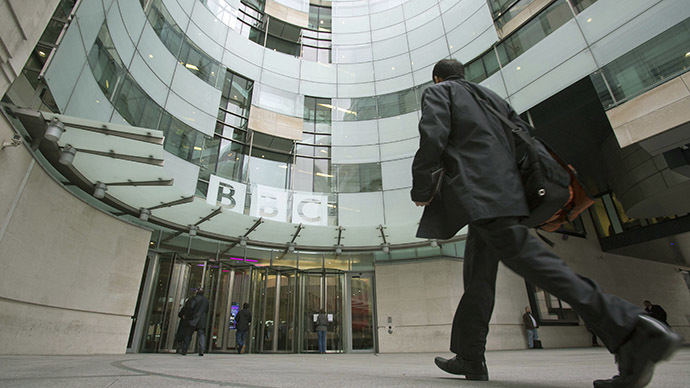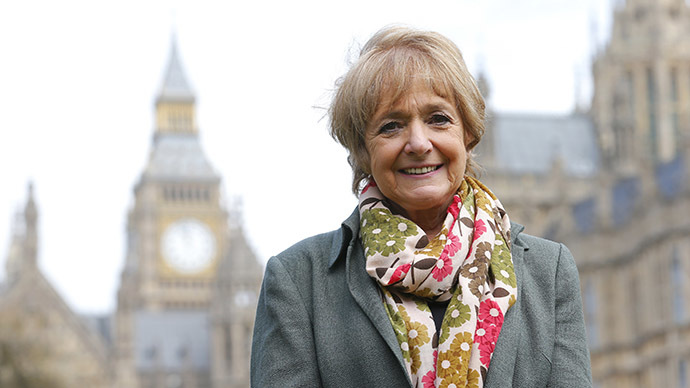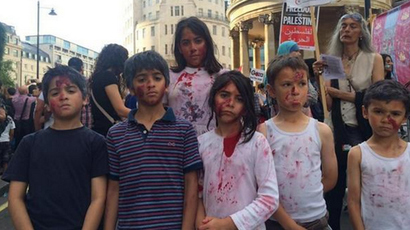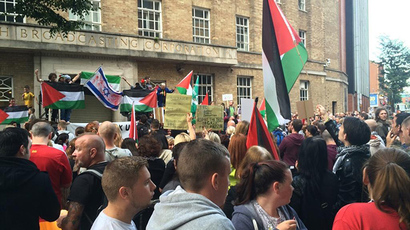BBC browbeaten over £500k tax-saving scheme

The BBC is under fire for launching two production companies in order to qualify for tax cuts totaling more than £500,000 this year.
The broadcaster, funded by license fee payers, stands accused of behaving like serial tax-dodgers Google, Amazon and Starbucks.
On Sunday, it emerged the BBC, using tax-credit schemes hatched by Chancellor George Osborne, has amassed £530,000 in tax-credits so far this year, with a share of up to £265 million available over five years.
The tax-credit scheme, introduced by Osborne in his 2012 budget, stated that corporation tax would be cut for high-cost British drama, comedy and animation in order to release more funds for filmmaking.
The chairman of the Commons Public Accounts Committee, Margaret Hodge, condemned the broadcaster’s actions. She said that although she believes in the work of the publicly funded service “they’ve got to behave properly.”
Hodge told the Sunday Times “it is as wrong for the BBC to deliberately set up an artificial structure to get taxpayers’ money as it is for Google, Starbucks and Amazon, and they should stop it.”

The BBC defended their actions, claiming “[we are] committed to investing as much money as possible into the shows audiences love, and by applying for tax credits, we can invest even more money into our programs.”
Under previous tax regulations, the BBC would have been unable to claim tax breaks on their in-house shows produced for public service channels, because the broadcaster is already exempt from corporation tax. The Chancellor had indicated that independent programs, and those produced by BBC Worldwide, the BBC’s commercial arm, would be eligible for tax breaks.
In order for more of their output to qualify for Osborne’s cuts, the BBC created a commercial subsidiary for drama – Grafton House Productions – and a further subsidiary for comedy – BBC Comedy Productions.
It has been reported that Grafton House Productions is responsible for yielding £520,133 of the BBC’s tax cuts through their dramas ‘The Interceptor’ and ‘One Child’.
The tax breaks function by increasing the amount of allowable expenditure, so that if a production company makes a loss, they are able to “surrender” the loss.
The total budget for British drama laid down by Osborne is £205 million, with a further £60 million for animation.
READ MORE:BBC spends more than £200,000 on staff iPhone training
The exposure of the BBC’s tax behavior comes after it faced criticism in October for “absolutely incredible” expenditure on company iPhones, iPads and staff training, totaling over £200,000.
The BBC said the UK tax credits are “available to all productions which satisfy the clear, objective criteria set out in the relevant legislation.”
They added, “Having taken the appropriate legal, tax and regulatory advice, the BBC considers that it is best able to deliver the benefits associated with the UK tax credit via commercial subsidiaries.”
The broadcaster said the government was aware of the scheme and had raised no objections.













